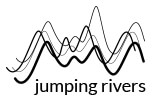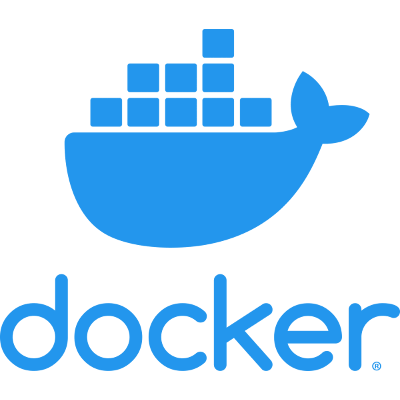
Training Course Details

Docker for R
Course Level: Intermediate
This is a one-day Docker course aimed at R users. Docker is a popular platform for packaging, deploying, and running applications. These applications run in containers. Crucially, this container can be used on any system: a developer’s laptop, systems on premises, or in the cloud. Applications are packaged as images that contain everything needed to run them: code, libraries, and configuration.